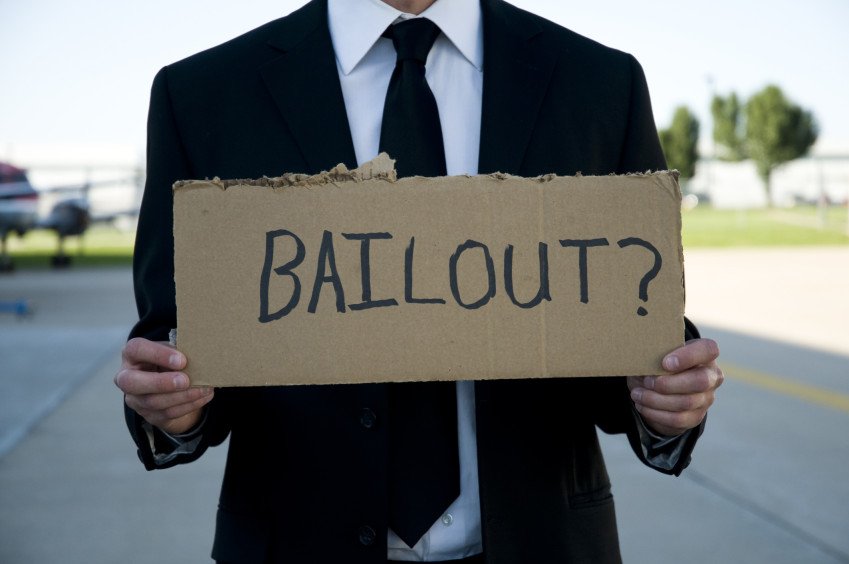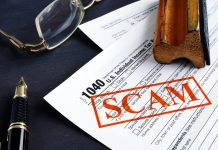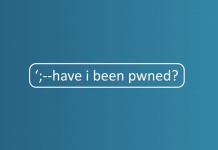

We need a real bailout, because the last one relied on a bad theory — namely: horse-and-sparrow “trickle-down” economics. Why do we need a real bailout? The first one was a corporate give-away. And it seems now like the only thing that trickled down from the interventions of 2008-9 was further economic distress, which is now manifesting itself quite possibly as double-dip recession.
Anyone born before 1975 remembers “trickle-down economics.” It’s a very simple idea that first entered the vernacular during the Reagan era. It proposes that government can best stimulate the economy by taking care of companies and decision-makers at the very top of the economic food chain. Nice = tax cuts, government incentives, subsidies and the like. These perks would then “trickle-down” to the employees and small businesses that depend on those heavy horses of the economy thereby giving people more money to spend in the consumer-based economy.
No one is talking “trickle down” these days, but everyone who opposes tax hikes for the rich or wants to close corporate tax loopholes is espousing the theory, and it was also implied in the way the bailouts of 2008 were structured. But back to the news…
It’s been a rough couple of weeks. The government reported that the number of people below the poverty line increased dramatically — again. Joblessness continues unabated, housing prices are weak, and foreclosures spiked upward in the month of August.
For those looking for a silver lining in the current real estate disaster, there was good news — or at least something that on the surface seemed like good news. To some observers, the uptick in the number of foreclosures seemed to indicate that financial institutions were beginning to lift the freeze on foreclosures due to a constellation of issues and red tape. That could mean getting back on the road to a more market-driven environment. And if that were the case, it could be construed as good news because the market would begin the process of self-correcting. Unfortunately, I do not think that is the best interpretation. The spike merely tells us that during the “quiet period,” nothing happened to prevent or at least slow down the epidemic that is causing so many Americans to lose their homes. For example, if housing prices had improved somewhat during the hiatus and left fewer people drowning in underwater mortgages, it’s plausible that there wouldn’t have been so many foreclosures in August. Or, if government or the Fed had come up with a really intelligent and broad-based refinancing plan — one that banks would have been motivated to adopt — maybe some of the defaulting homeowners could have found a way to refinance while the gun was, for a moment at least, not pointed squarely at their temples.
While it was a busy news week for sure, there is nothing out there that suggests things are improving. If there is a recovery going on, it is one that exists only in the most technical sense — and meanwhile the news pundits are talking double-dip recession. The GDP seems to be growing, however anemically, corporate profits are good, the banks are relatively healthy, and no major European country has defaulted on its sovereign debt — yet. But every economic indicia that is important to the average American continues to deteriorate, or at least not to improve.
There was one other very important announcement that happened last week — credit card debt among individuals rose sharply. “Isn’t this a good sign?” you may ask. After all, what could be better for the economy than the consumer starting to spend again? Nothing could be better. There is another interpretation. Bearing in mind the jobs numbers staying in the same place, it could also be that consumer spending on credit cards signals a spike in consumer desperation. It’s very possible that credit card debt is up because cash-starved unemployed Americans are using what remaining credit they have left on their cards for ordinary household expenses, like utility payments, car payments, or — worst of all — mortgage payments. They just don’t have any money, so they’re doing whatever they can to avoid apocalypse. And now that foreclosures are speeding up again, the 4 million or so American families that are at risk of losing their homes are getting closer and closer to the edge.
If you doubt this, see if you can catch a re-run of last night’s Republican Presidential Debate in Orlando. One of the factoids mentioned during a break was how frequently the word “foreclosure” was being Googled these days. I believe I heard it was eclipsing “mortgages.”
We need a real bailout for Americans who are under water financially, people who play by the often inscrutable rules written by the trickle-free corporations that got the most bailout money (the very same folks who brought you mortgage-backed securities and all the rest). The heavy horses of the economy are not pulling America out of the ditch. It’s time someone did.
This article originally appeared on Credit.com.









